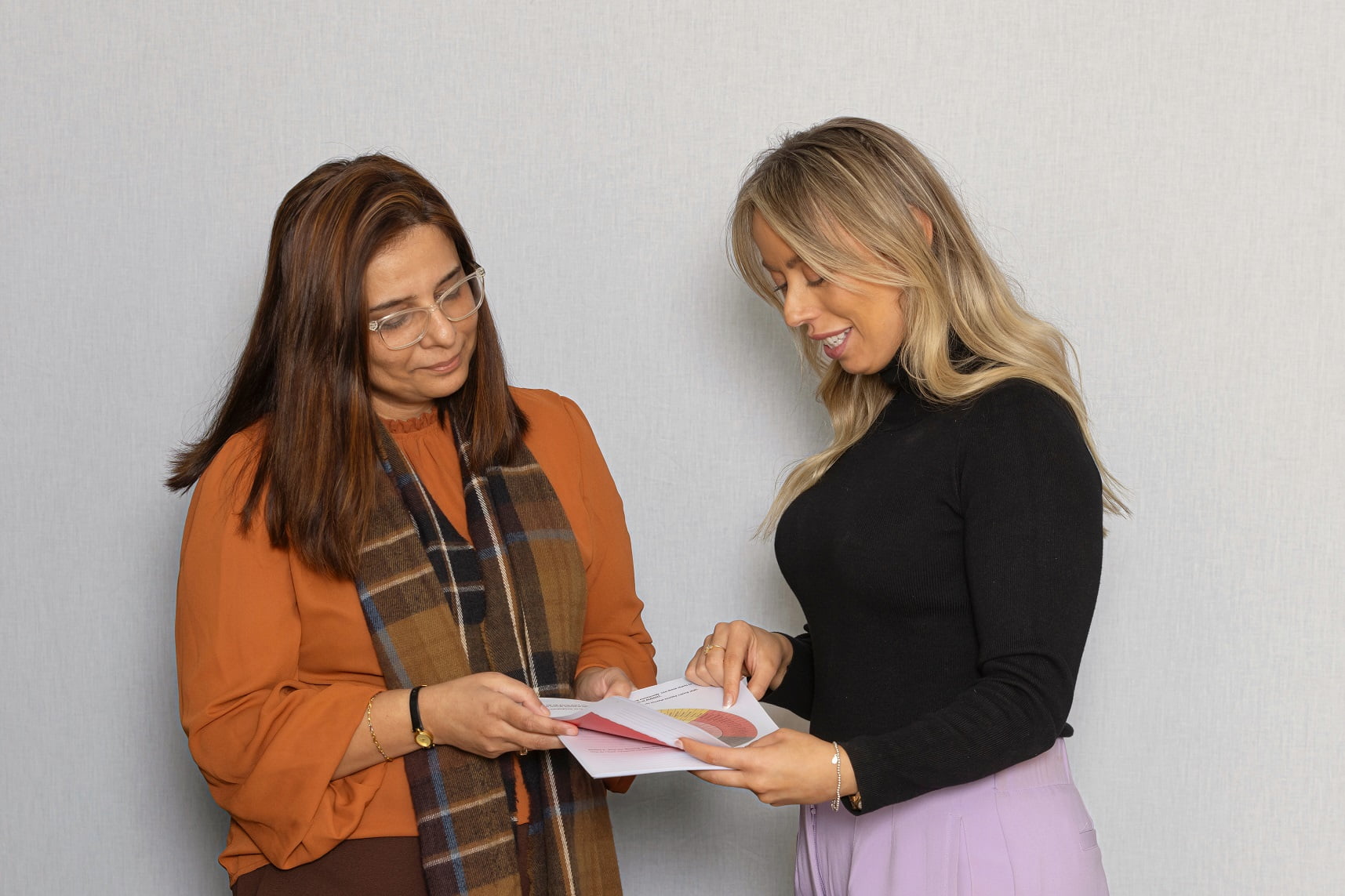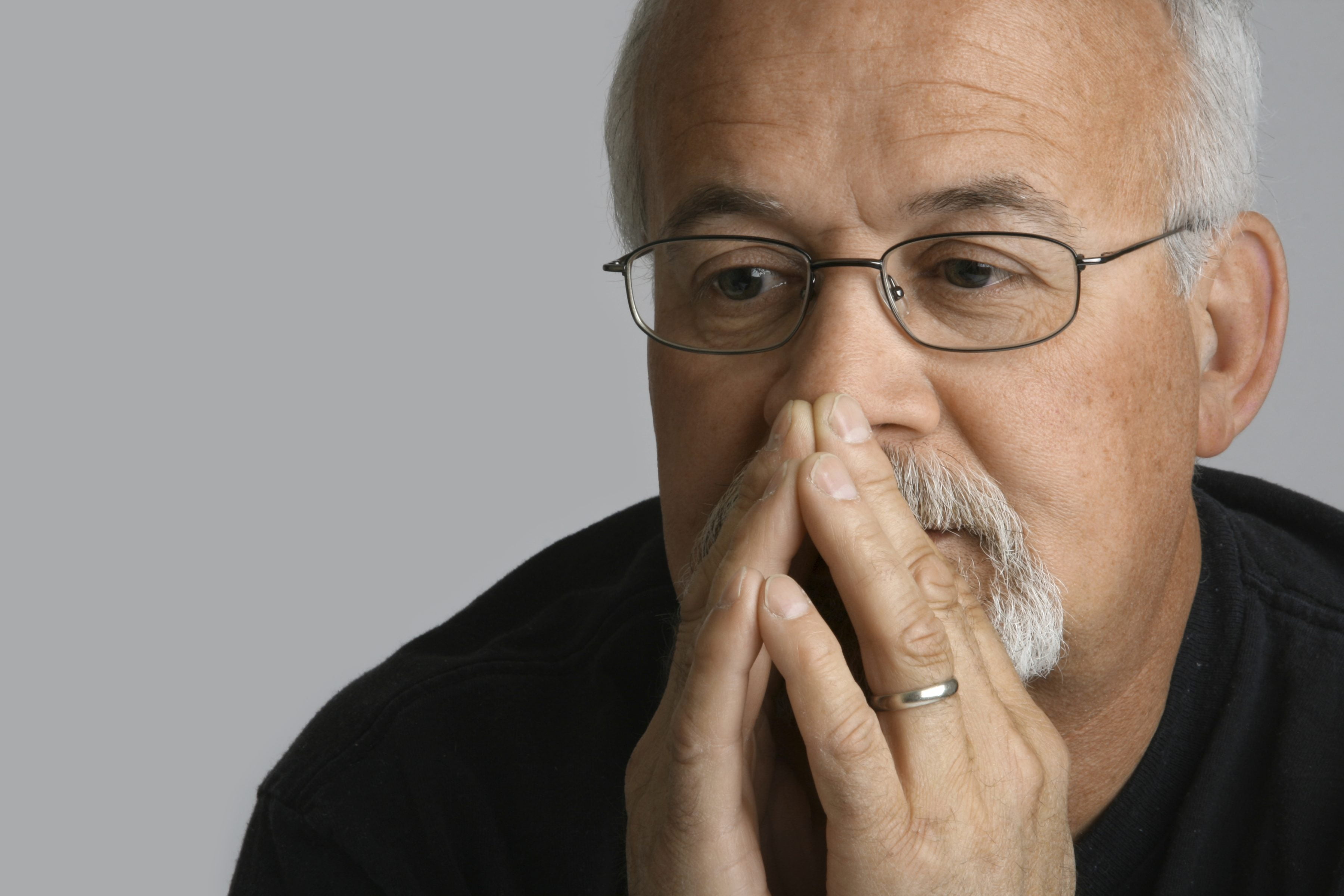Pathways Program: Prisoner Support Services in WA
Available in: Perth Metro
The Pathways Program is a voluntary, evidence-based support program offered across prisons in Western Australia. This prison support service is designed to help individuals address alcohol and other drug (AOD) use, criminal behaviour, and the challenges of re-entering the community.
This intensive support program is tailored to people in the criminal justice system, including prisoners and recently released prisoners, who are ready to work on issues such as addiction, homelessness risk, and offending behaviour.
Using cognitive-behavioural therapy (CBT), the Pathways Program helps participants:
Participants develop essential life skills, enhance their relationships, and cultivate resilience. The program also supports their reintegration into society and reduces the risk of reoffending.
Introduces CBT concepts and covers AOD use, criminal thinking, relapse prevention, and personal responsibility.
Focuses on developing social and emotional regulation skills, community engagement, and improved relationship management.
Strengthens relapse prevention and encourages participants to take ownership of their behaviour and life goals.
Over 100 hours of group work are completed over 25 days, guided by qualified facilitators with a deep understanding of support services and the justice system in Australia.
By the end of the program, participants are equipped with:
Participants are also connected with not-for-profit organisations, government agencies, and community-based welfare support to assist their transition out of prison and back into the community.
The AOD Pathways Program gave me the tools I needed to understand my addiction and change my life. I feel like I finally have control over my future.
Before this program, I didn’t think recovery was possible for someone like me. Now, I’m confident in my ability to live a responsible, sober life.
Participants are referred through the Department of Justice. If you’re interested in the program, speak to the Transitional Manager at your relevant prison. Holyoake and Cyrenian House collaborate to deliver these prisoner support services in WA, focusing on lasting change for ex-offenders, offenders, and individuals seeking a new start.
A Pathways Program is a structured, therapeutic initiative that supports individuals, especially those involved with the criminal justice system, to address alcohol and other drug use, criminal behaviour, and challenges related to community re-integration.
The Pathways Program is structured to suit participants’ environments and commitments. Within the prison, the program seamlessly integrates into routine activities, providing a safe space for individuals to focus on their recovery. Outside of prison, Holyoake’s facilitators ensure the program is balanced with personal responsibilities, helping people access the right support when they’re ready.
Participation does not guarantee early release, but it does show a genuine commitment to personal growth and rehabilitation. This can be seen positively by parole boards and other justice agencies. More importantly, it prepares participants for life beyond prison by reducing the risk of reoffending.
The Pathways Program recognises that the prison environment can be complex. It offers practical coping strategies and support services tailored to life inside, such as relapse prevention tools and emotional resilience techniques. Participants also learn how to build peer support networks and avoid negative influences.
Change is a process, and it’s normal to feel uncertain or hesitant initially. The Pathways Program meets participants where they are, providing support and encouragement to help them build motivation over time. The program doesn’t require participants to be fully ready from the start, but it does offer tools and guidance to help people move towards a positive and responsible future.
Yes, the Pathways Program places strong emphasis on reintegration. Upon release, participants are connected to a network of not-for-profit organisations, government agencies, and community support services. These may include referrals to housing assistance, employment services, mental health care, and peer support groups.
In Australia, the Pathways Program is available across public metropolitan prisons in Western Australia. It helps prisoners and ex-offenders address addiction, offending behaviour, and emotional wellbeing, while also building life skills and preparing for release and reintegration into the community.

Mental health and wellbeing care and support designed to help reduce alcohol and drug-related harm…
Read more about
Confidential and non-judgemental one-to-one alcohol and drug support and counselling for young people at Banksia…
Read more about
Our Alcohol Interlock Scheme counselling services in Perth and WA’s Wheatbelt are for people who…
Read more about